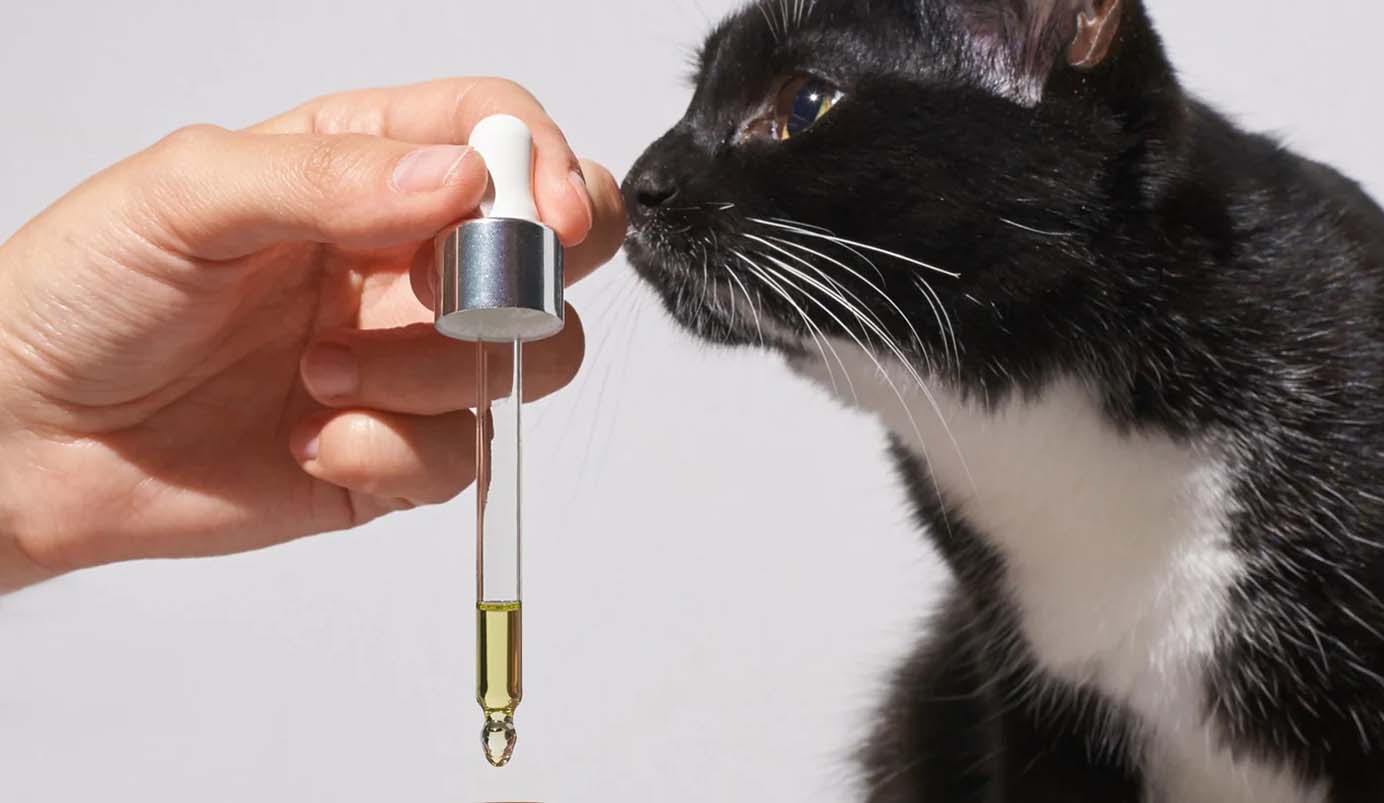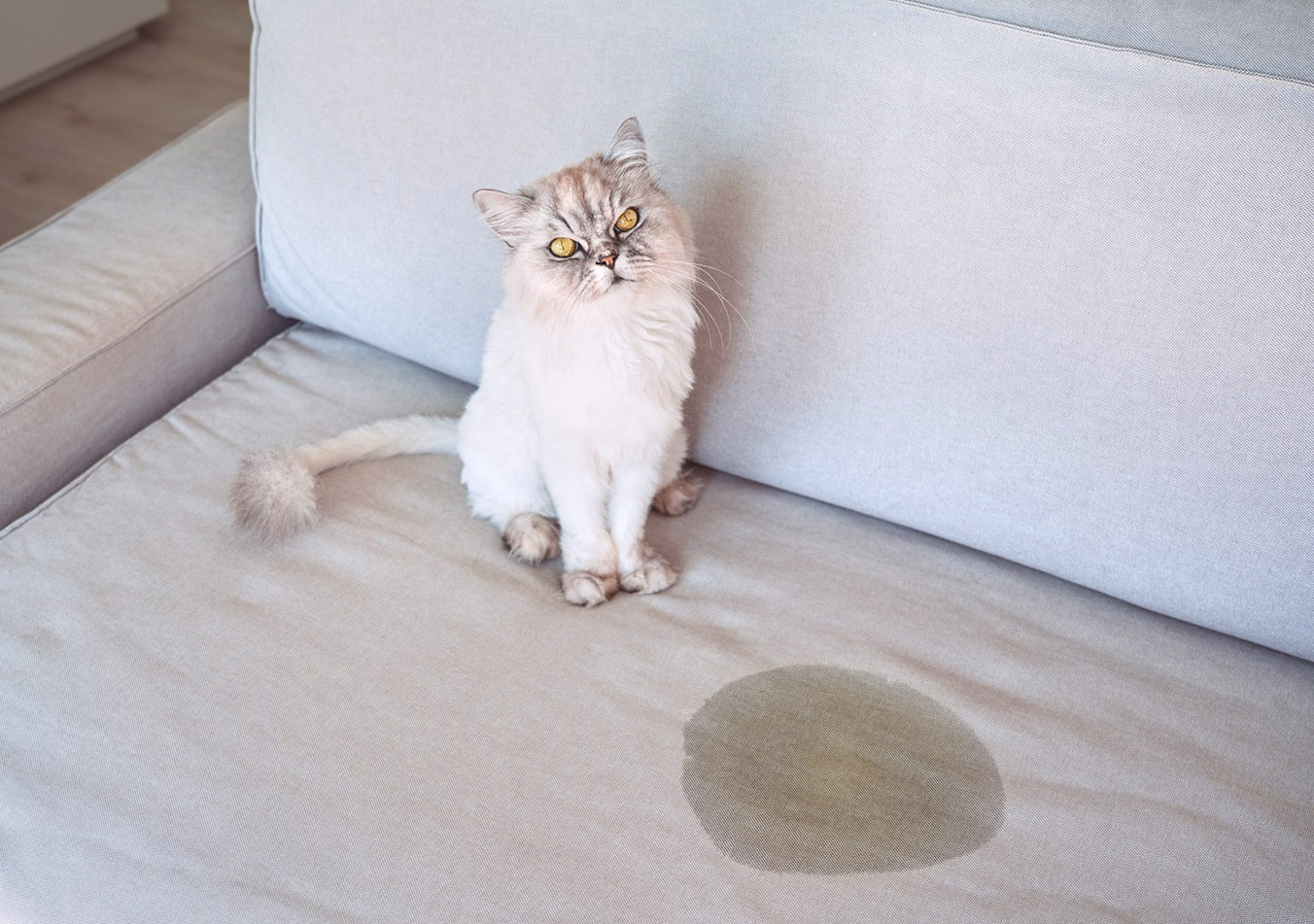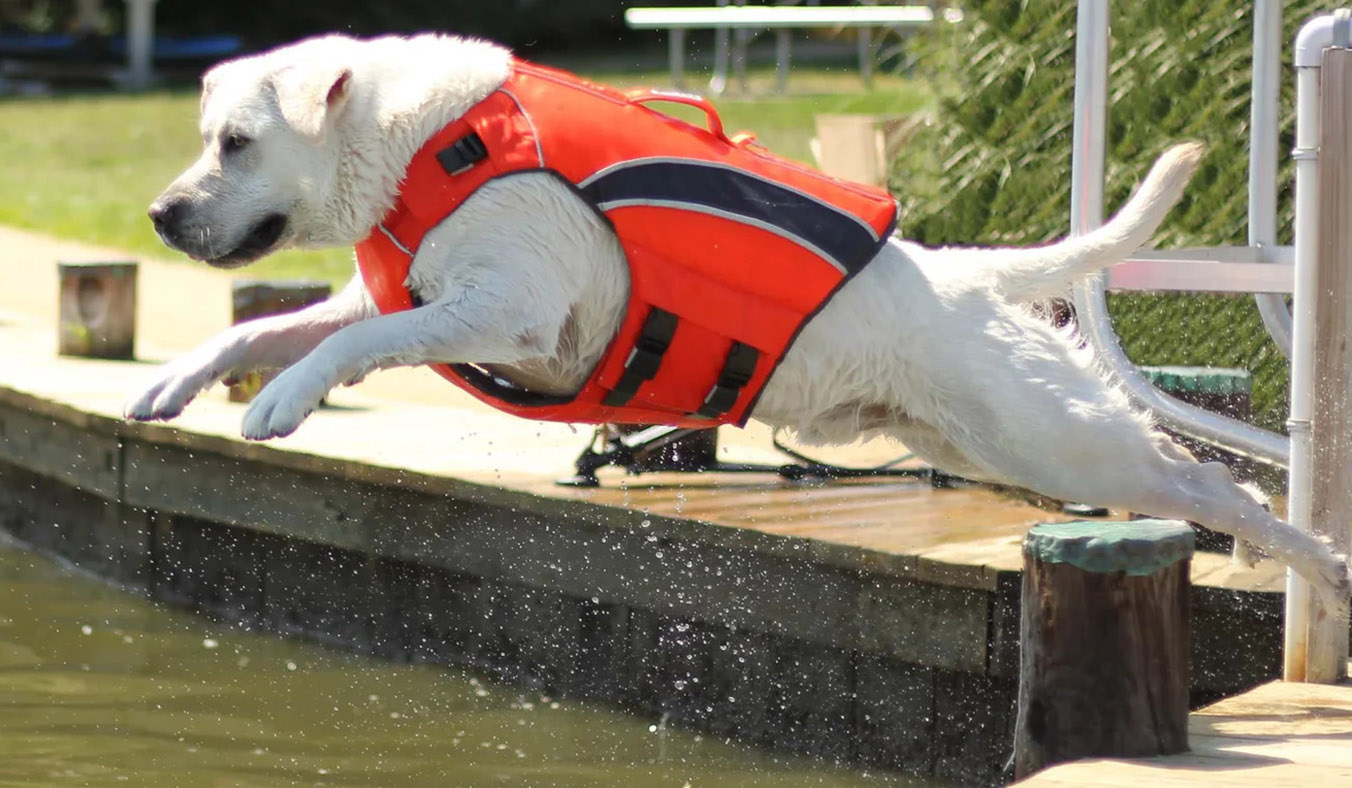Immunity is a concept that is frequently discussed in the context of animal health. Everyone knows it needs to be taken care of, and that low immunity can lead to illness. But what is immunity and how can you take care of it? We present the most important information that every dog or cat owner should know.
What is Immunity?
The body’s immunity is its defense barrier against viruses, microorganisms, and bacteria – anything that can cause illness or worsen it.
The body’s immunity primarily relies on the immune system, which includes lymphatic organs such as lymph nodes, lymphatic vessels, and the spleen, as well as antibodies and cytokines.
How to Preserve Your Cat’s Immunity?
Types of Immunity:
- Specific (acquired)
- Innate (also known as nonspecific).
Both types of immunity complement each other and together form a barrier that effectively prevents infections.
Nonspecific Immunity:
These are innate mechanisms that have the dual task of preventing foreign particles from entering the body and quickly inhibiting those that have crossed the barriers. This response is acute and very rapid, occurring immediately after contact with pathogens, but it is not as precise as acquired immunity. Tools of innate immunity to counterattack include the body’s physical barriers – skin, mucous membranes, and bodily secretions such as tears, saliva, sweat, and gastric juices. Innate immunity generally triggers an inflammatory response at the site of invasion and pathogen localization.
Specific Immunity:
This immunity is more precise and specialized than nonspecific immunity. Indeed, receptors are only adapted to a specific pathogen. Despite its high efficiency, this immunity develops very slowly. Receptors need several days to mount an appropriate cellular response after contact with the pathogen. The best ways to obtain this immunity are either through contracting the disease or, more quickly and safely, through vaccination according to the vaccination schedule established by the veterinarian.
Lack of Immunity in Dogs or Cats:
Every living being is born with the immunity their body is endowed with. However, how we live and nourish ourselves influences the quality of this immunity. The immune system’s function is influenced by numerous factors, including:
- The type of dog or cat food and how you feed your pet
- Feeding dogs and cats with processed or human food
- Environmental conditions in which the animal is housed
- The age of the animal – puppies, kittens, and elderly animals have weaker immunity
- Medications used
- Chronic illnesses or genetic burden
- The state of the animal’s gut biome
- Internal or external parasites
A polluted environment or exposure to neglect and stress, as well as inadequate feeding for dogs and cats, have the most significant and rapid impact on deteriorating an animal’s immunity.
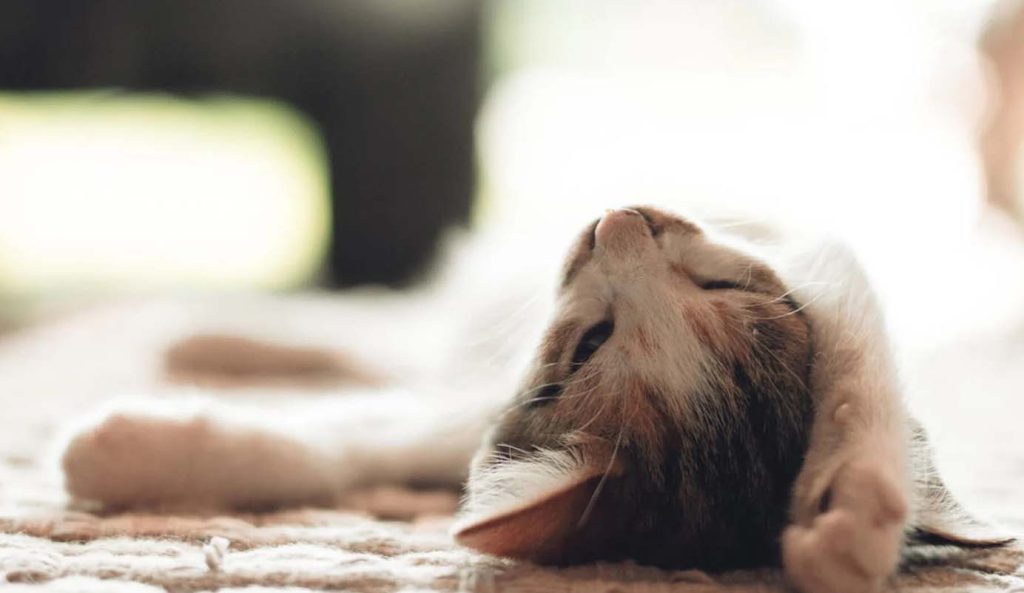
Remember that under the term “stress” in animals, there are situations that are easily forgotten but are incomprehensible and cause great discomfort for the dog or cat. Changing food should be done slowly, never abruptly, just like changing water or bowls in which food and water are given. Anxious and unsocialized animals should be entrusted to a behavioral therapist to find appropriate behavior together.
The immune system of dogs and cats is also weakened by the presence of a large number of animals in a shelter, in a facility in the absence of people who care for them, during dog shows or animal exhibitions.
Immunity of Cats.
How to Strengthen Your Pet’s Immunity?
Considering the above, it can be summarized that it is possible to strengthen your pet’s immune system by providing them with suitable and high-quality dog or cat food and ensuring their general well-being.
Quality nutrition provides the necessary nutrients, the adequate amount of proteins and fats to maintain good physical condition, as well as vitamins and minerals. Unsaturated omega fatty acids, found for example in salmon oil or krill oil, are also very important. They are responsible for a number of reactions in the immune, digestive, circulatory, and even skeletal systems. Dog and cat food should be chosen based on the animal’s age, size, and lifestyle – an active dog or cat will have different needs than a “couch” dog or cat. Nutrition is crucial because of its effects on the digestive system, especially the intestines. Recent scientific studies clearly indicate a link between immunity and the condition and quality of gut flora. Poor gut health can significantly weaken the entire body.
Well-being, on the other hand, can be achieved by taking care of the environment and atmosphere of the dog and cat. Avoid smog, do not smoke in front of animals. In the case of dogs, it is advisable to choose places away from the hustle and bustle of the street for walks. Mental comfort is very important for the well-being of dogs and cats. Remember to make changes (if possible) as minimally radical as possible.
Another important factor is to take care of your animal’s health. Regular blood, stool, and urine analyses for dogs and cats can quickly detect reactions and act in time before the disease develops. Deworming should be done after a stool examination, not blindly. Consult your veterinarian for any unusual behavior in your animal. You should definitely be concerned about the following: suddenly excessive appetite or thirst (and vice versa), lethargy, apathy, changes in the frequency of urination or defecation, aggression, avoidance of people who care for the animal, vomiting.
Substances and Plants for Immunity:
When dogs’ and cats’ immunity is weakened, or when we know that this decrease is likely to occur (significant stress, illness, travel, etc.), it can be supported. The following elements are the most effective:
- Probiotics and prebiotics – the ideal balance of intestinal flora
- Krill or salmon oil contains unsaturated fatty acids, especially omega-3, which have anti-inflammatory effects. They can also be used as flavorings in dog and cat foods.
- Beta-glucan is a polysaccharide that has anti-inflammatory, antibacterial, and anti-allergic effects. It is highly effective in strengthening the intestinal microflora.
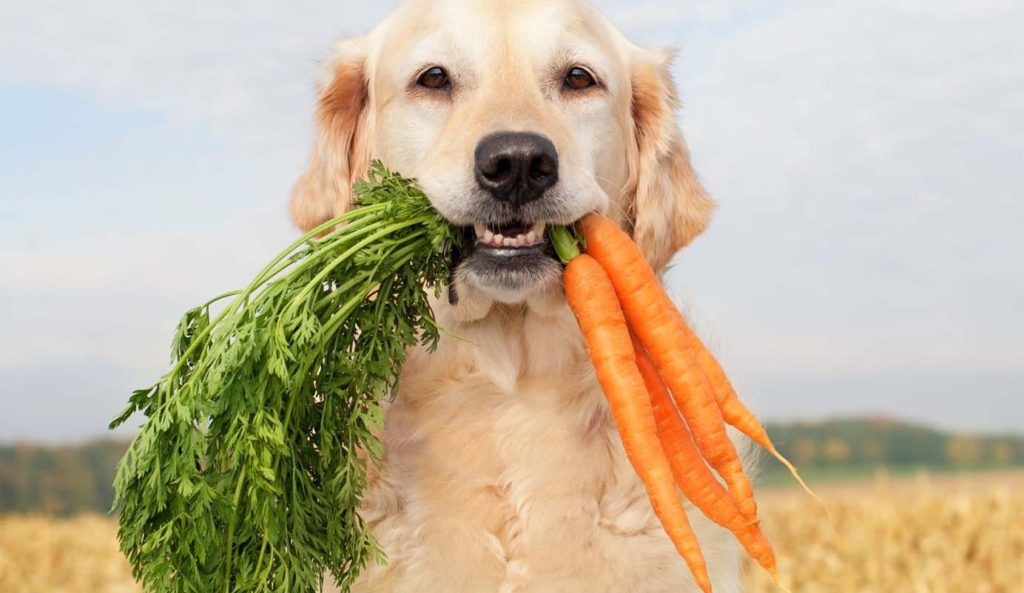
Any administration of substances further strengthening immunity should be consulted with a veterinarian. In sick animals, these substances may interact with certain medications or affect the course of treatment.
